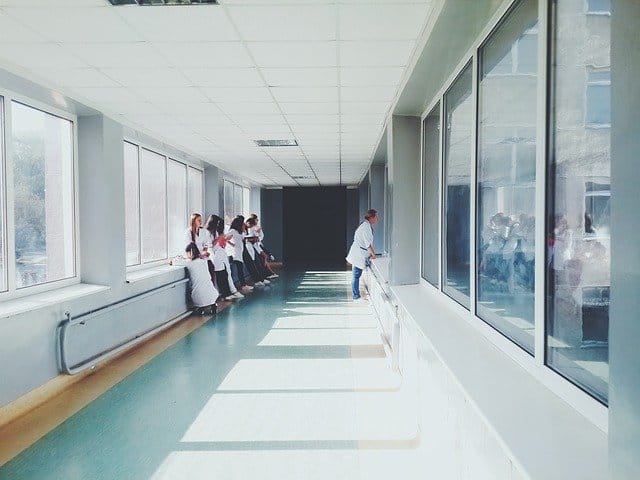
Junior doctors will walk out for the longest consecutive strike action in NHS history from Wednesday (January 3) at 7am, until 7am on Tuesday, January 9.
The British Medical Association says that while workload and waiting lists are at record highs, junior doctors’ pay has been cut by more than a quarter since 2008.
Dr Robert Laurenson and Dr Vivek Trivedi, BMA junior doctors committee co-chairs, said: “It’s regrettable that at our mutually agreed deadline during talks, the Government’s offer on the table would have still resulted in a real-terms pay cut for doctors this year.
“This led to our committee unanimously voting for further strike action. It is a shame the Government could have avoided the unnecessary disruption to patients if they had presented a credible offer, especially if there was, as suggested by the Secretary of State, another offer for them to make.
“It didn’t need to be this way, and next week’s action can be avoided. The Health Secretary says she wants to ‘get this done’ and appeals to us to return to negotiations, yet we never walked away. It is her government that refuses to talk to us while strikes are scheduled.
“However this is an inconsistent approach as the same Government engaged in talks with barristers during their strike action. We are clear that we will talk at any time, right up to the 11th hour, and if talks result in a credible offer we can put to members, then further strikes can be averted.”
The NHS will prioritise urgent and emergency care as consultants step in to cover for junior doctors, who make up 50% of the medical workforce.
People should continue to use services as they normally would when they need urgent medical help – using 999 and A&E in life threatening emergencies and using 111 online for other health concerns. GPs and pharmacies can be used by the public for health advice and appointments as normal.
Junior doctors in the NHS in England say they are taking strike action to:
- achieve full pay restoration to reverse the steep decline in pay faced by junior doctors since 2008/9
- agree on a mechanism with the Government to prevent any future declines against the cost of living and inflation
- reform the DDRB (Doctors’ and Dentists’ Review Body) process so pay increases can be recommended independently and fairly to safeguard the recruitment and retention of junior doctors.

